Table of Contents
I'd be kidding myself if I wanted to write rosy-cheeked, everything-is-awesome newsletters every week, because sometimes it just gets hard. It's all well and good writing things like "How to Keep up Motivation For Your PhD", but I usually write such posts from a place of optimism and during a good week. However, when I'm in the thick of it no lens I put onto those rose-tinted glasses of positivity will help me to focus and 'get things done'.
So this is more of a look at the research life when things get a bit too much. What do I do? What can I do in the set of circumstances given to me? This is more about accepting things aren't working out right now, but ensuring the experience can make things better in the long run; a learning experience if you like.
Use it as a time to stress test your systems
If a system is truly effective, we only find out when the 💩 hits the fan. So I ask you a question; do the systems and apps you use, work for you or against you when things get tough?
My weekly planning rituals have stood up very well since I started implementing them in the new year. The reason? Because the process and upkeep is simple. This week has tested that. I have been able to keep on top of the calendar-ing and to do list-ing enough so that it doesn’t fall apart. This tells me that the system I have is effective for me. It is simple, but does require a little bit of time most days to maintain and keep on top of. But I am rewarded back with much better time management and energy management. If I know this, I'm more likely to keep it up on the tougher days.
I've also kept to my promise of writing this weekly newsletter, because it's partly a system for me to digest the week, work out what I have learnt and what I can do better. In other words it pays me back in mental time and energy. This system has been tested and it still functions.
The same cannot be said of my note-taking and thinking systems because they are just too complicated to maintain. Even on a good day they drain my energy, when they really really shouldn't. My inboxes are already burgeoning with half read papers, half-baked ideas and a million and one literature outlines… The idea of even looking at something within the system on a bad day is not a good idea. This tells me I need to simplify. Not organise, but simplify.
I can focus on the small 'wins'
Sometimes I have big wins - woo! But most often, they are small - also woo!
This week I'm definitely focusing on the small. In our jam-packed weeks, we often don't appreciate the small things, but they are there amongst the fray. We need to take a little realigned thinking to notice them and avoid focusing on all the big things that went wrong. Take this idea as a lesson in gratitude:
- I had a revelation moment in paragraph construction and flow
- I was contacted out of the blue by a young person to get some work experience - they contacted me and not any one of a number of other people in my institution.
- I wasn't successful in the Ness Labs curiosity grant offer - gotta get used to those rejection letters in academia - but Anne-Laure gifted me a year's subscription to the Ness Labs Community - thank you and so excited! I wonder if all rejection letters could be given so warmly? I was very excited to see all the projects that were funded. Good luck to them.
- A colleague offered to sort something out for me and saved me a heap of time and stress. I made sure to say thank you and she later mentioned she really appreciated that thank you because she doesn't often get them.
- I only ate chocolate once - to be honest, this is probably a huge win!
- I visited my field plots and got some new sensor tubes installed. It was freezing horizontal rain all day but I was warm and cosy so had a great time!
We might need to win the war but no-one has a perfect battle scorecard
Rather than throwing all my resources at a battle I'm probably not going to win, I tend to find the best approach is to accept defeat. Otherwise all my resources are used up for when I could make better use of them in the battles I know will come.
When my daughter is off school ill, I could throw everything at trying to maintain 'normal' by working evenings for example. But my resources - energy, focus, healthy sleep - deplete quickly when I work in the evening. So these sessions need to be used with care because they have knock on effects everywhere else. There will be a time when I really need to use these hours and I need to choose very carefully when that is.
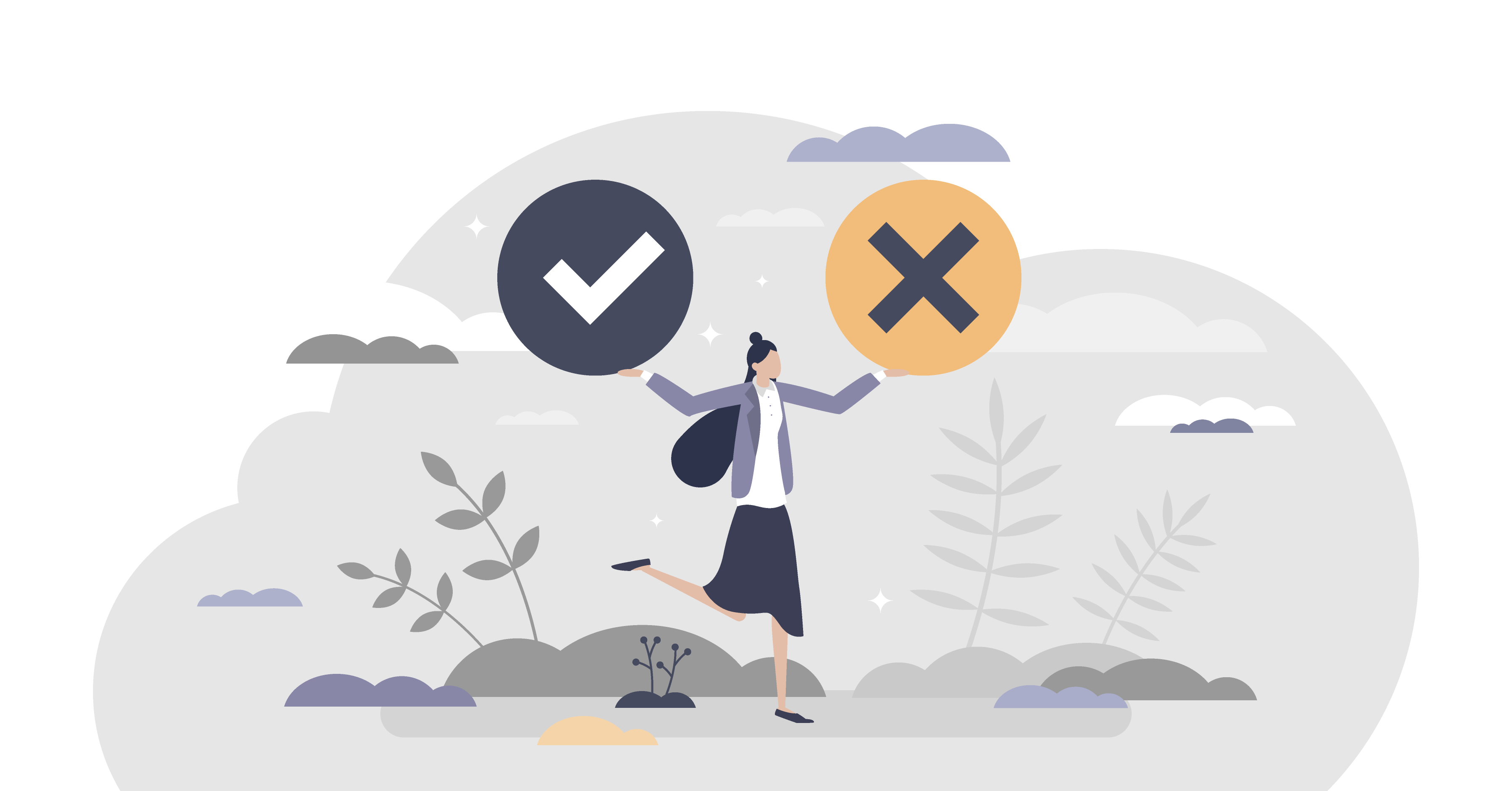
Defeat is not something we want to accept lightly and it requires a bit of foresight and even hindsight to work out what you think is best for you. Remember that dealing with failures can actually make us stronger in the long run. It's how we learn and regroup from them that matters most. I'd recommend taking a read of my article on how Professor Tara Brabazon encourages us to 'put the problem into the work'. It sheds a whole new light on problem management!
Take it as a lesson in prioritisation - to prioritise restoration
I'm not very good at prioritising at the best of times, and the worst of times, well I'm probably better. But it does make me think more about what the minimum requirement is to reach what I need to do. So in this sense I need to prioritise the things which move the needle forwards the most. But I actually tend to particularly focus on the things so as not to move the needle backwards.
Therefore I try to prioritise rest time. And by rest time, I mean anything involved with sleep. I find sleep is hugely restorative when good, but has a compounding effect when bad. And I find I need more sleep in the not-so-good weeks. So if a day results in a '-1' on my personal wellbeing, a good night's sleep can bring that back to 0, or at least very close to it. It's effectively a reset button. On the other hand a bad night's sleep will take me down to '-2'. This means I'm starting the next day behind before I even throw off the covers.
Another bad night of sleep and a bad day would take me down to -6. I wouldn't want to be around me at -6 🤣. It just compounds. The more I can do to keep things hovering around 0 in times of stress, the less recovery time I'll need when things improve.
This week's research insight: When things get hard, analyse, simplify and regroup so you're ready to go when things pick up.
This week in: Apps
OneNote:
Many people recoil in horror about the use of OneNote as a second brain, but I'm here to argue - hopefully with above evidence - simple is better. It doesn't have all of the functionality I need so at the moment I see it more as a first pass 'junk filter'. I rather like the term 'workbench'. I tend to work better within a more constrained app, rather than have all the bells and whistles. This is a work in progress!!
Obsidian:
I have a love-hate relationship with Obsidian. I think I've got to the point where I see it as a necessary evil in my work. It has so much beauty as an app and its functionality, but has a sharp bed of thorns beneath, ready to dig into your soft brain tissue.
I started using it as a 'catch everything' app, but it has very quickly become unwieldly for me. I think it's a problem many suffer from, and conversely others like to point out how stupid we are that we let it get that way (yup). So in this week's undercurrent theme of simplification, I'm mega simplifying my Obsidian so that it only contains knowledge and ideas; no writing drafts, no blogs, no temporary notes, no tasks, no journaling, no wish lists, no fancy themes, no research paper summaries and a very limited folder structure; just a personal, iterative encyclopaedia, or dictionary if you like, of things I have learned, read and interpreted.
Here's an example of a note I have started:
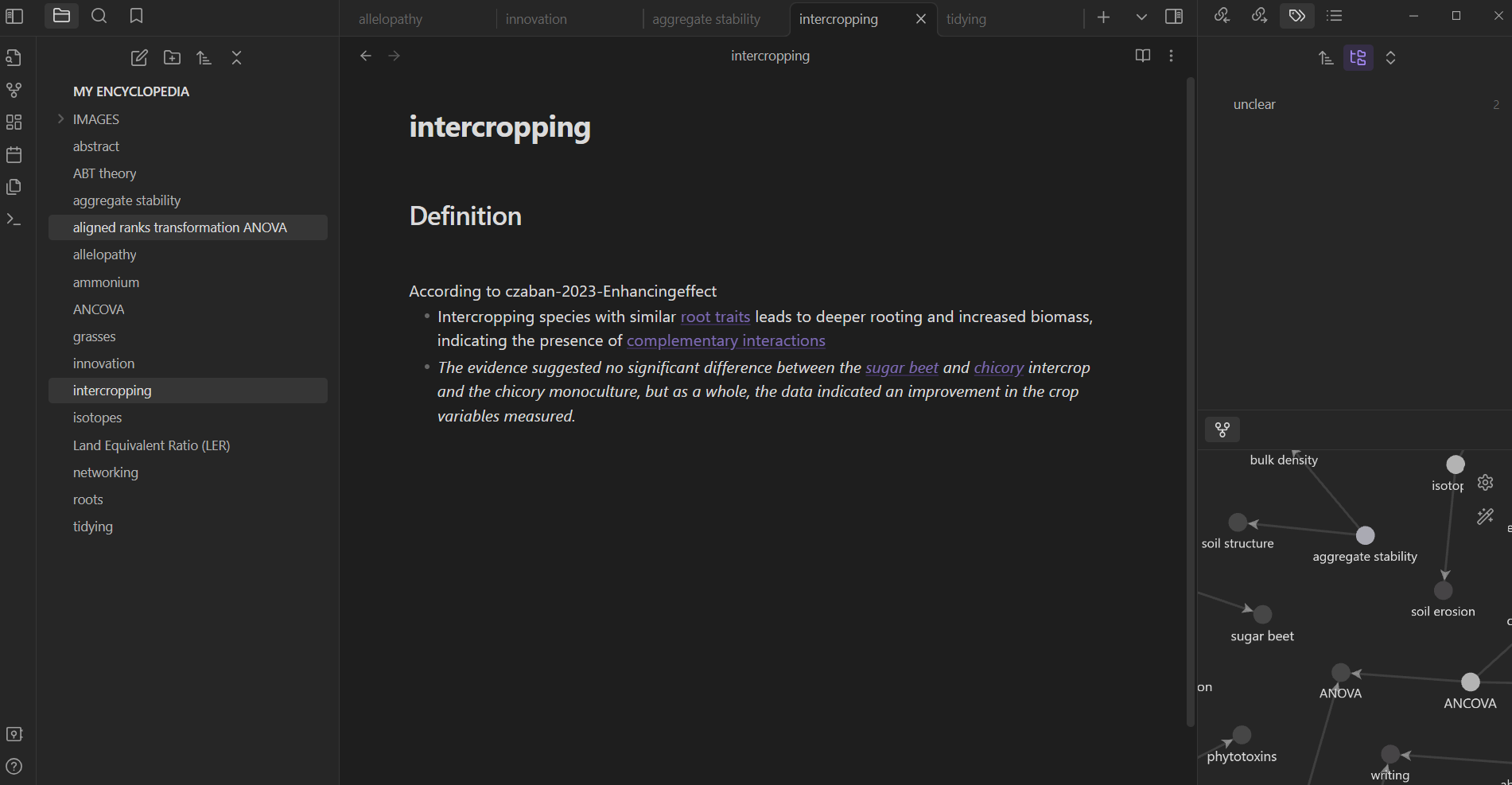
- My thoughts go in italics, because sometimes things require a little personal nuance…and in fact these are central to the personal aspect of the encyclopaedia.
- In my current vault, this would have sat within a note called 'czaban-2023-Enhancingeffect' with numerous paper attributes, but this way it's tailored to my thoughts and readings on intercropping. These will expand naturally over time and 'intercropping' will very quickly turn into a hefty one. It won't be long before I convert this one into an index note.
- As I start filling out the vault and transferring notes, I can see my knowledge graph working a lot more effectively for me too.
- This approach brings back memories of the hours I spent pouring over encyclopaedias when I was younger.
This week in: Creativity and Inspiration
I attended a talk by photographer Glenys Garnett last Monday evening. If you want some eye candy and photographic inspiration her images are amazing. What got me was not necessarily her individual images, but how she combines images together to create something greater. She is a graphic designer by training and this comes across in the way she presents her images. It really got my juices going with regards to creativity in the process of research and how we can combine different aspects together to create something altogether new. At the very least, maybe a new perspective as we combine separate concepts together. Glenys had this to say about creativity:
"Creativity is a process. It is not a technique. Embed creativity into your everyday approach."
- The biggest things which get in the way of your creativity are:
- You
- Not knowing how to use your tools and equipment effectively
- Not dedicating time towards creativity
- A lack of inspiration
- Not being able to achieve what you have in your mind's eye

I hope this newsletter inspires you to try something new this week. Be sure to let me know what you think by hitting the thumbs up or down below.
Annette
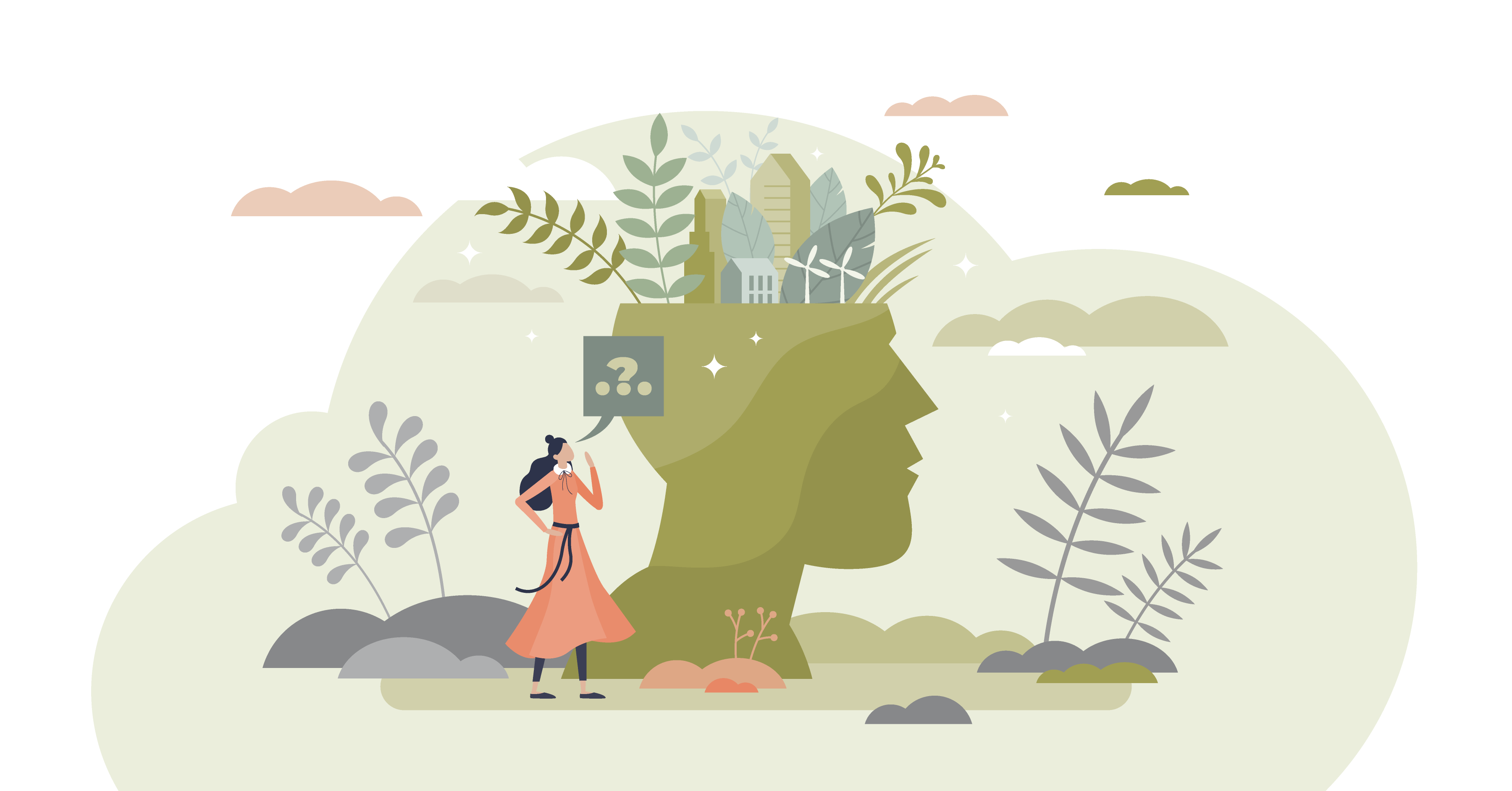

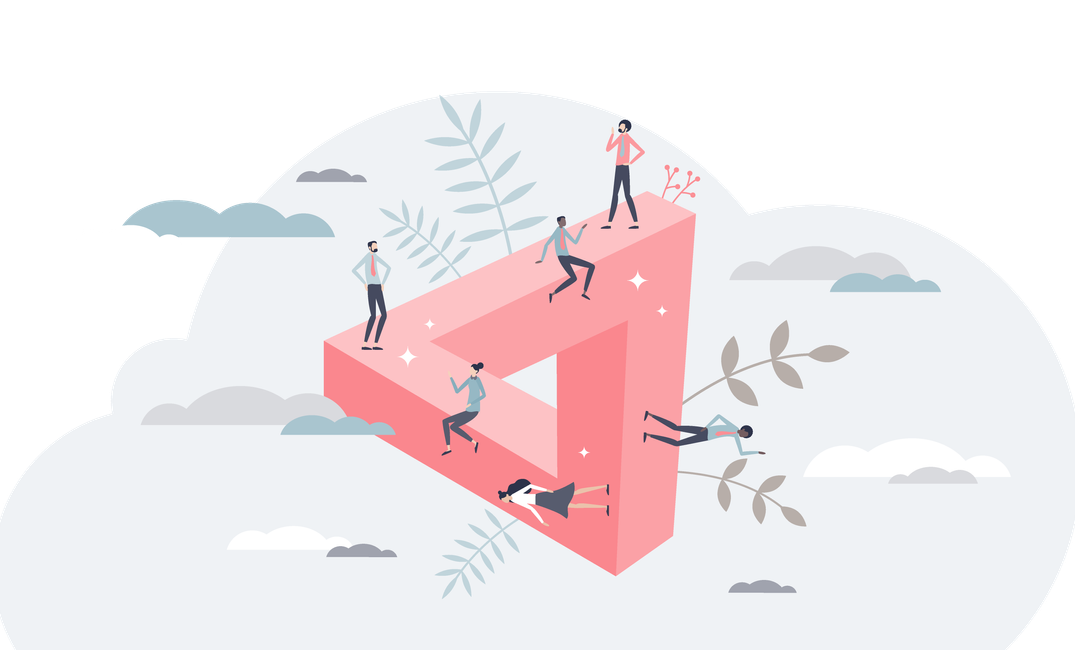


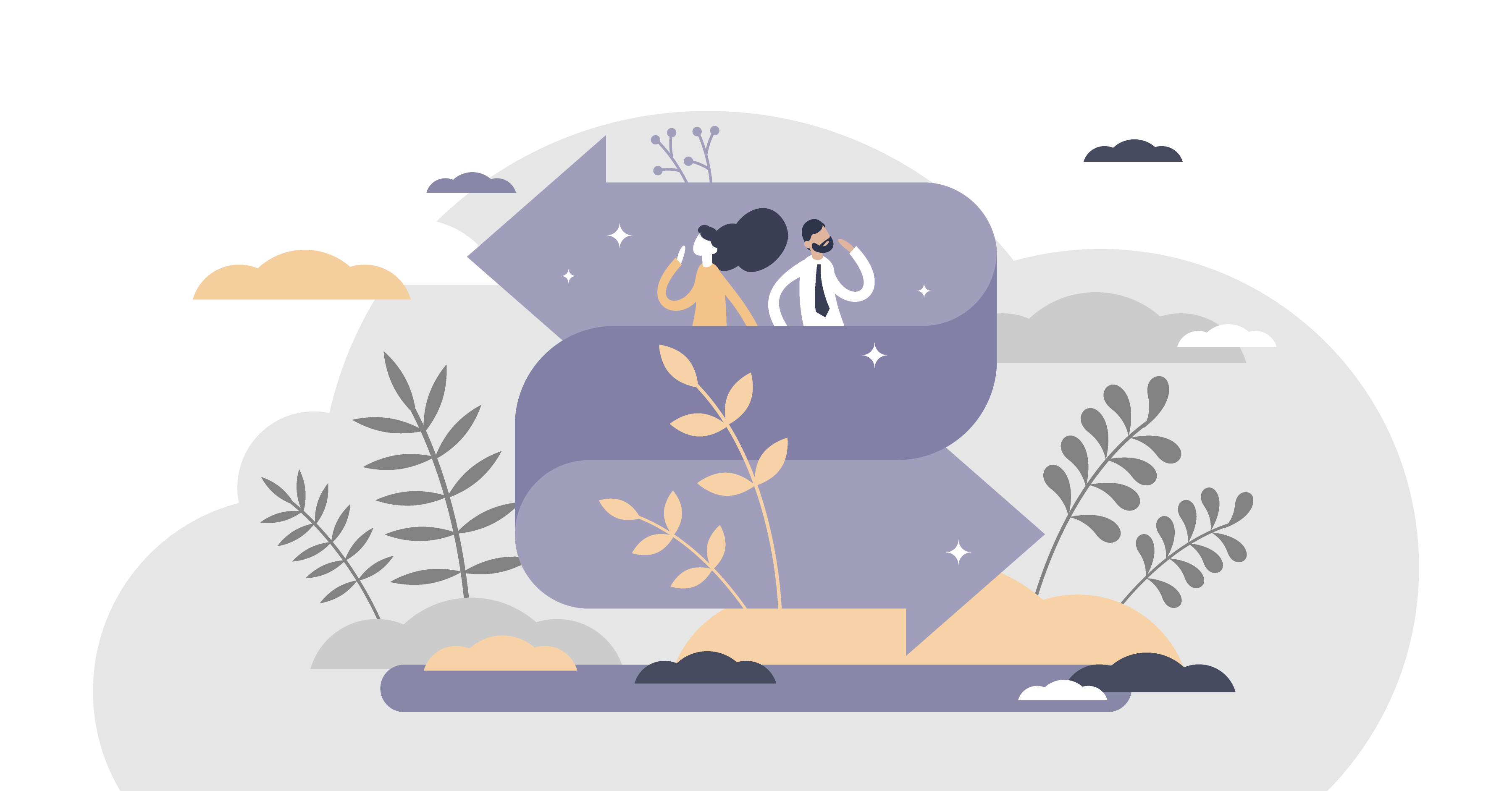

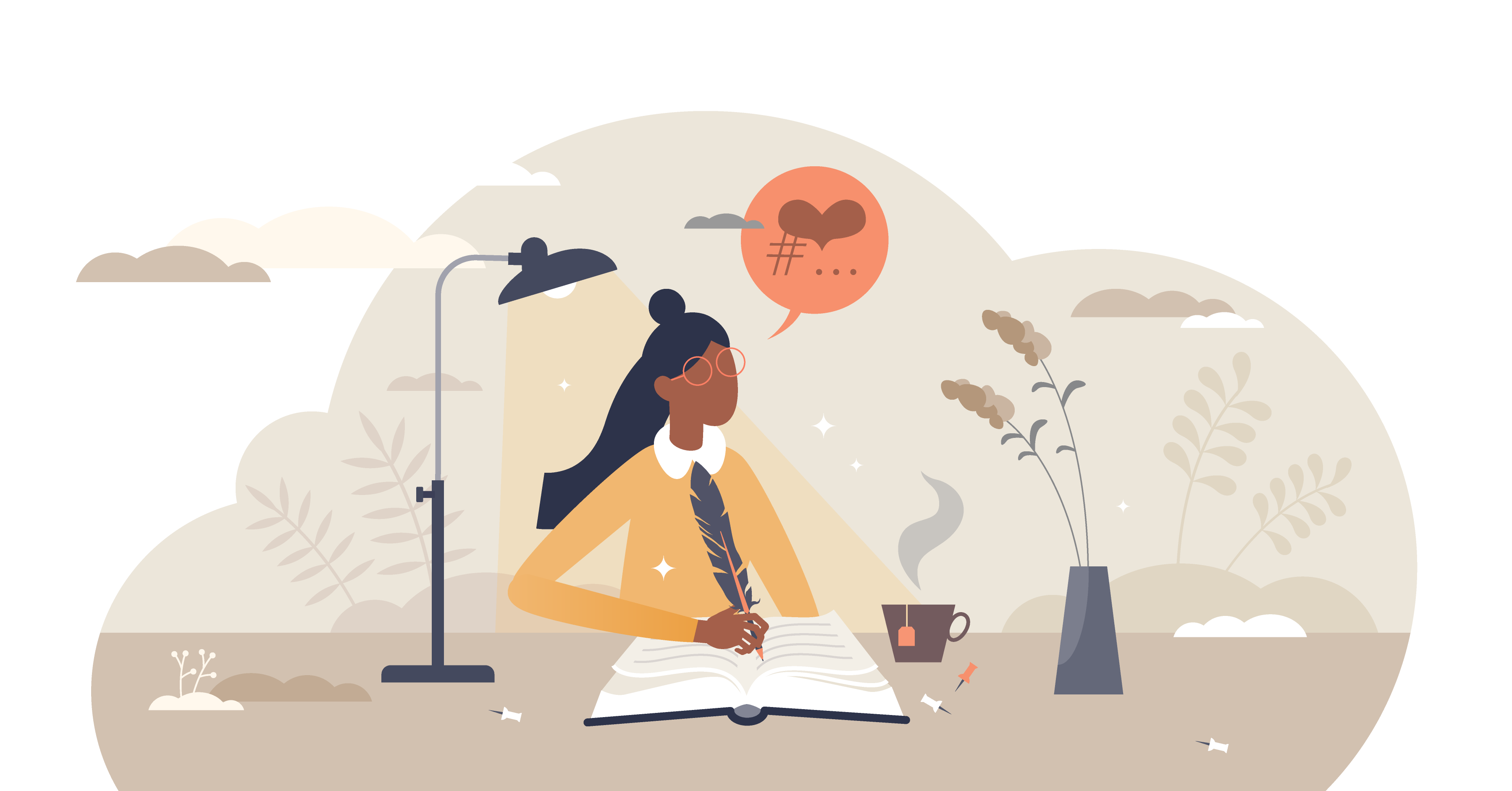
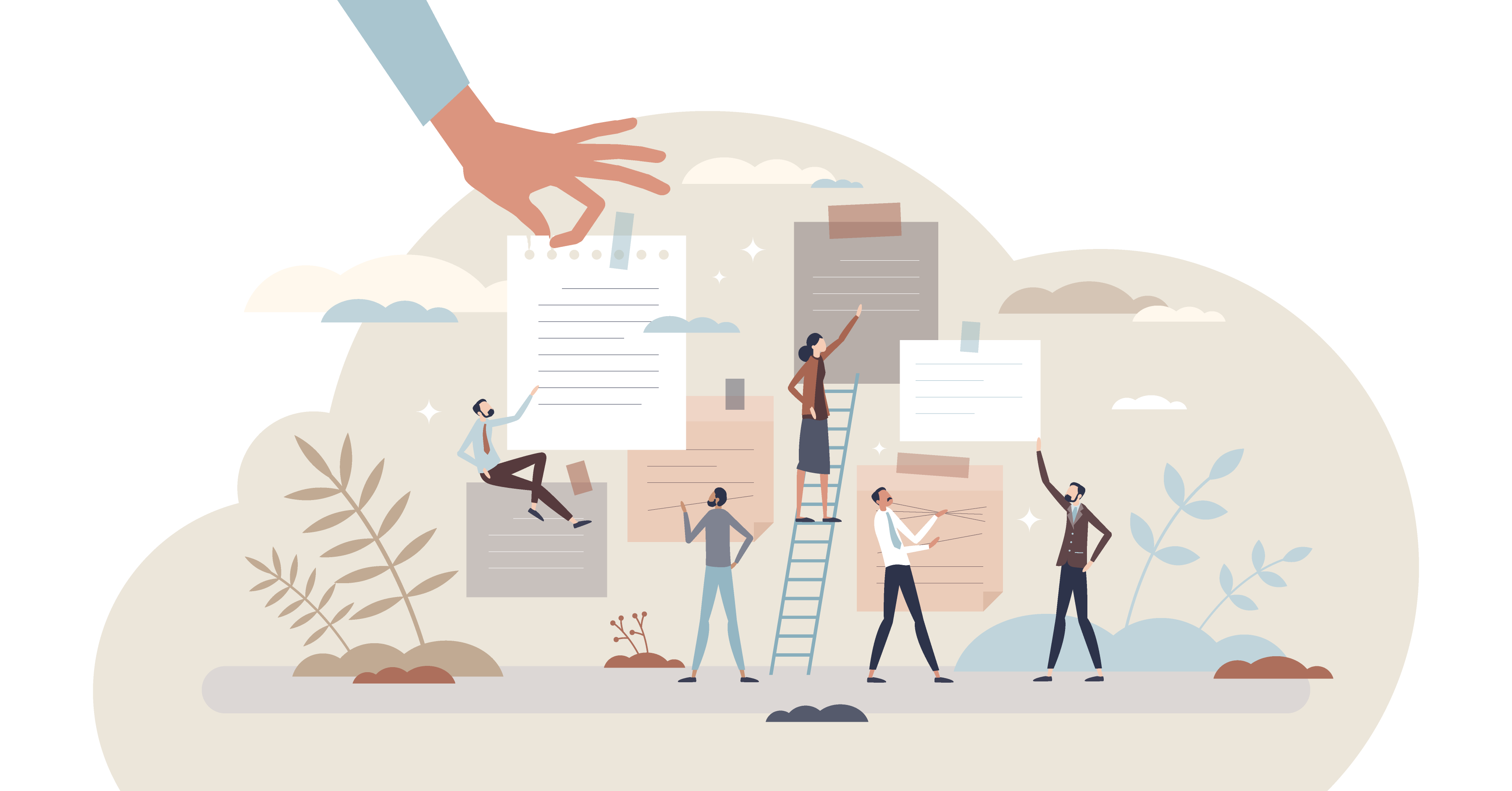
Comments